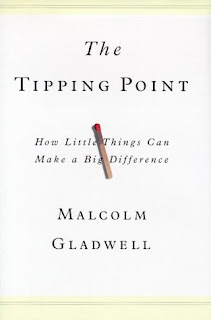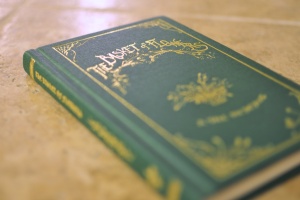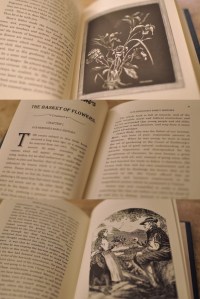Our book for the month of February is The Chosen by Chaim Potok.
Yes, that’s right. He’s also the author of My Name Is Asher Lev which we read have already read as a book club.
I know. There are SO many good books and authors out there, but there’s a reason why we chose to read another one of his books.
Oh, you want to know what it is? Easy. Because it’s good.
What do you mean that’s not a good enough reason? Ok fine. Potok is easily one of the best story tellers that I’ve ever come across. The framework for this novel is completely different than Asher Lev – even though the setting is fairly similar. That takes a lot of talent. Plus, we just read A Year of Living Biblically, so we should be all caught up on our Jewish vocabulary. 🙂 The time period of the book is WWII and into the post-war period. It’s a look at a group of people very affected by the war itself and the fallout after the war. But more than that, it’s a story about fathers and sons and friendship.
Well, since you asked nicely, I will share some great quotes that will hopefully peak your interest that Sarah found for me.
(Give me a break! My copy just came yesterday, and it’s been a few years since I read this.)
Right. Quotes. Sorry. I’m a little scatter-brained.
I sat on the lounge chair in the shade that covered the porch and looked out at the back lawn. Somehow everything had changed. I had spent five days in a hospital and the world around seemed sharpened now and pulsing with life. I lay back and put the palms of my hands under my head. I thought of the baseball game, and I asked myself, Was it only last Sunday that it happened, only five days ago? I felt I had crossed into another world, that little pieces of my old self had been left behind on the black asphalt floor of the school yard alongside the shattered lenses of my glasses.
“Ah,” my father murmured. He was silent for a moment. Then he said quietly, “Reuven, listen to me. The Talmud says that a person should do two things for himself. One is to acquire a teacher. Do you remember the other?” “Choose a friend,” I said. “Yes. You know what a friend is, Reuven? A Greek philosopher said that two people who are true friends are like two bodies with one soul.” I nodded.
See. Told ya. That last quote is a great representation of the book as a whole, and so go read it! It’s the perfect snowed-slash-iced-in-and-can’t-go-anywhere-because-I’m-too-lazy-to-scrape-my-car-read. 🙂
 The magic of dreams are never ending! Do you remember your dreams when you wake? What does your Neverland look like?
The magic of dreams are never ending! Do you remember your dreams when you wake? What does your Neverland look like?





